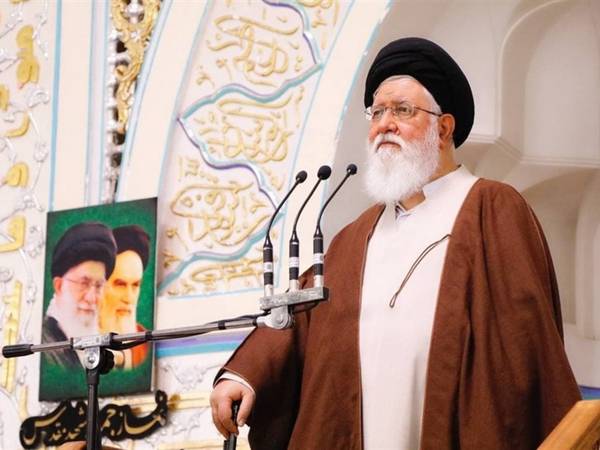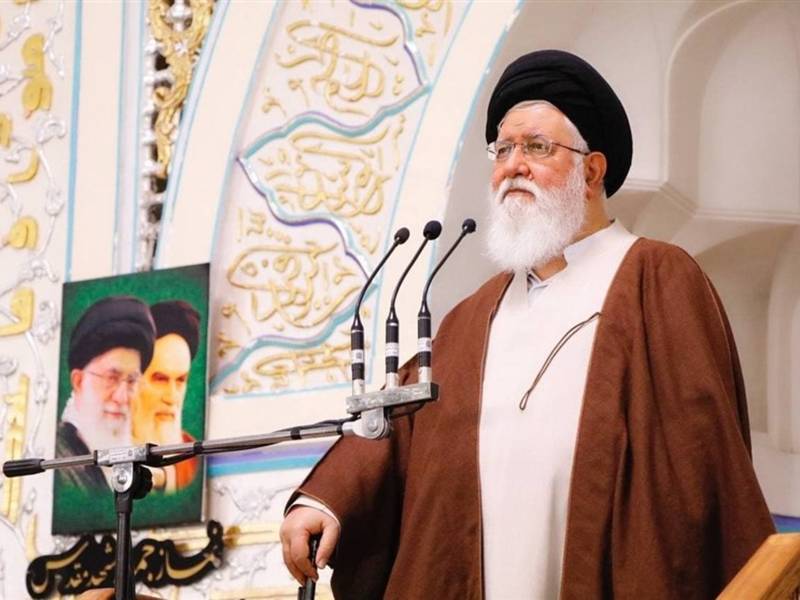Ayatollah Ahmad Alamolhoda, father-in-law of Iran’s President Ebrahim Raisi, has stated that the majority of the population who did not vote in the March 1 election "are inconsequential."
The influential hardliner cleric serves as Supreme Leader Ali Khamenei’s representative in a significant Shiite center located in the city of Mashhad. He oversees extensive religious endowments and rigorously prohibits concerts and similar activities that he deems incompatible with Islam.
Alamolhoda, as quoted by IRGC's Tasnim news agency, stated that those who did not heed Khamenei's call to participate in the elections are regarded as the "disobedient and rebellious" majority, and compared to the devout minority, they are considered negligible.
Iran’s March 1 parliamentary and the Assembly of Experts elections had the lowest turnout in the Islamic Republic’s 45-year history, with the government announcing that 59 percent of the 61 million eligible voters did not participate. Some pundits believe that participation was even lower, in addition to million of people casting blank or invalid ballots.
The low turnout was attributed to the regime's dwindling legitimacy, as many held the government responsible for harshly quelling the 2022-2023 protests, mishandling the economy, and disqualifying even numerous regime insiders from participating in the elections. Even former President Hassan Rouhani was disqualified by the Guardian Council that vets the candidates.
Another former President, Mohammad Khatami, boycotted the elections and did not vote, as many critics blamed Khamenei for the election debacle.
Alamolhoda clearly defined the politically relevant strata of society as those who follow the clerical regime. "In Islam, the majority is not automatically accepted," he said and continued: "By majority, it is meant the majority who are religious and obedient, not the majority who are disobedient and rebellious."

